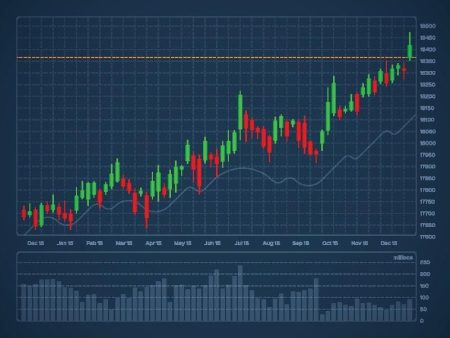On August 25, 2023, the U.S. Department of the Treasury and the IRS released proposed regulations on reporting by brokers for sales or exchanges of digital assets. The proposed regulations aim to align tax reporting on digital assets with tax reporting on other financial assets. The regulations cover a range of digital asset issues where there have been questions, including defining brokers and requiring the use of the specific identification method under Sec.1012, for calculating the basis of digital assets. The proposed regulations concern Federal tax laws under the Internal Revenue Code only, and do not include any regulations proposed by other government agencies.
The IRS currently requires crypto users to report on their tax returns any digital asset activities, including trading cryptocurrencies. The proposed regulations signal much needed and anticipated guidance regarding income taxation and reporting of digital asset transactions. A public hearing has been scheduled for November 7, 2023, to discuss the proposed regulations.
According to the proposed regulations the definition of a broker for purposes of section 6045, includes digital asset trading platforms; digital asset payment processors; certain digital hosted wallet providers; and persons who regularly offer to redeem digital assets that were created or issued by that person. The proposed regulations clarify the definition of broker for purposes of Sec. 6045, which includes digital asset trading platforms, digital asset payment processors; and persons who regularly offer to redeem digital assets that were created or issued by that person.
The proposed regulations would have an impact on digital asset trading platforms. Here’s how they would be affected:
Reporting Requirement:
The proposed regulations would require digital asset trading platforms to report sales or exchanges of digital assets. This means that these platforms would need to provide information to the IRS about the transactions that occur on their platforms.
Compliance Obligations:
Digital asset trading platforms would need to ensure that they have systems and processes in place to accurately track and report the necessary information to the IRS. This may involve implementing new reporting mechanisms and enhancing their existing infrastructure to meet the requirements outlined in the proposed regulations.
Increased Regulatory Oversight:
With the implementation of the proposed regulations, digital asset trading platforms would likely face increased regulatory scrutiny and oversight. This could involve audits and examinations by the IRS to ensure compliance with the reporting requirements.
The proposed regulations on digital asset transactions would also have an impact on the taxation of these transactions. Here’s how they would affect the taxation:
Basis Calculation:
The proposed regulations also address the calculation of the basis of digital assets. They require the use of the specific identification method (1012) for determining the basis of digital assets, which allows taxpayers to identify the specific assets they are selling or exchanging. This method may provide more flexibility and accuracy in determining the tax consequences of digital asset transactions.
Treatment as a Third Category of Assets:
The proposed regulations clarify that digital assets would be treated as a third category of assets, distinct from securities and commodities. This means that digital assets would be subject to rules like those for actively traded commodities. This treatment acknowledges the unique characteristics of digital assets and provides specific guidelines for their taxation.
Reversal of Revenue Ruling 2019-24:
The proposed regulations would reverse Revenue Ruling 2019-24, which currently treats digital assets received following a hard fork[1] as taxable. The new guidance would allow taxpayers to provide information to the IRS through annual returns or other appropriate means regarding the claim and disposition of such proceeds. This change may provide taxpayers with more flexibility in reporting and managing the tax implications of hard forks.
It’s important to note that these are proposed regulations have not yet been finalized. However, if adopted, they would provide much-needed guidance and clarity on the taxation of digital asset transactions, ensuring consistent reporting and treatment across different types of assets.
[1] A hard fork (or hardfork) is a new software update implemented by a blockchain or cryptocurrency’s network nodes that is incompatible with the existing blockchain protocol, causing a permanent split into two separate networks that run in parallel.
Read the full article here









